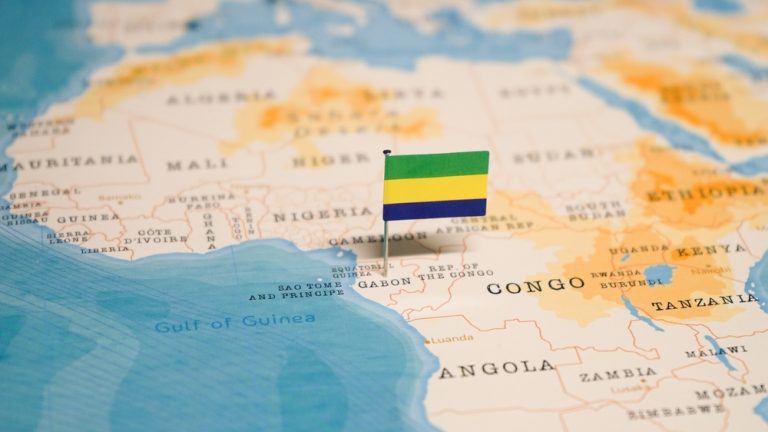
Vucic in China: investing and seeking support
On October 17, a Serbian delegation headed by President Aleksandar Vucic arrived in China. The occasion was the large-scale forum One Belt, One Road, dedicated to the idea of recreating a new “silk road” in the new economic conditions. Pushed into a red corner in the confrontation with the collective West over the “Kosovo issue,” Vucic is actively seeking protection in the East. During the forum, he met with both Xi Jinping and Vladimir Putin.
Aleksandar Vucic said that in Beijing, Serbs signed a record number of cooperation agreements – as many as 18 documents. First of all, Serbs came to China in search of investors. In addition, agreements were signed on the construction of two highways in the autonomous province of Vojvodina, with the participation of Chinese capital, as well as a free trade agreement between the two countries. According to Vucic, Serbia’s choice is prudent, as military conflicts and recession in Europe force official Belgrade to look for new markets and partners. And, as the Serbian president said, capitals are now moving to Asia, which requires an adequate response in order “not to fail”.
The signed free trade agreement will allow 8,930 Serbian goods to be exported to China under facilitated conditions, while 10,412 Chinese goods will have easier interference in the Serbian market. Serbia’s initiative has already caused discontent in the EU, whose members are forbidden to sign such documents. Although, Belgrade is still in candidate status, but upon accession (if it happens at all), the country’s government will be obliged to terminate the agreement with China. The Serbs, expecting the promised membership without much hope, decided to act solely on their own interests.
Vucic was also able to have a brief meeting with Russian President Vladimir Putin. The handshake and conversation for two minutes had more of a diplomatic and image value, but was also a telling gesture by the Serbian leader. Vucic’s words that Putin is literally “bursting with self-confidence” are nothing but a hint to “Western partners” on the one hand about Russia’s growing strength and on the other hand about the fact that Moscow remains a strategic ally of the Serbs.
As for the host of the forum, China, the Serbian Defense Minister has already promised that the army will buy air defense systems and unmanned aerial vehicles from the Celestial Empire. The situation with the Kosovo separatists is not getting any easier, and the United States, together with the Western countries, is actively arming the “security forces” of the Albanians. Although even in theory it is hard to imagine a special military operation of the Serbian army in Kosovo while NATO bases and the Kosovo Force (KFOR) peacekeepers are there, one cannot rule out the scenario that Pristina is being prepared to strike first.
Vucic and his team are caught between a hammer and anvil on the eve of the upcoming snap elections. On the one hand, Washington and Brussels are forcing them to recognize Kosovo (which the overwhelming majority of Serbian citizens will absolutely not understand). On the other hand, Albanians seem to be being prepared for military action, gradually transforming paramilitary formations, which perform police functions, into an army. Perhaps the West needs a future military conflict in order to create a “Greater Albania” and finally neutralize the “Serbian project”. Control over the Balkans is a long-standing desire of Washington, which does not want to give up its ambitions of world hegemon.

